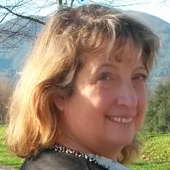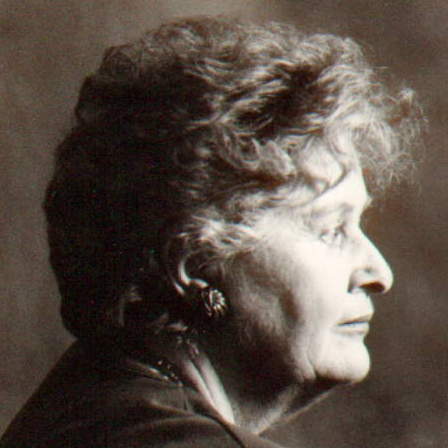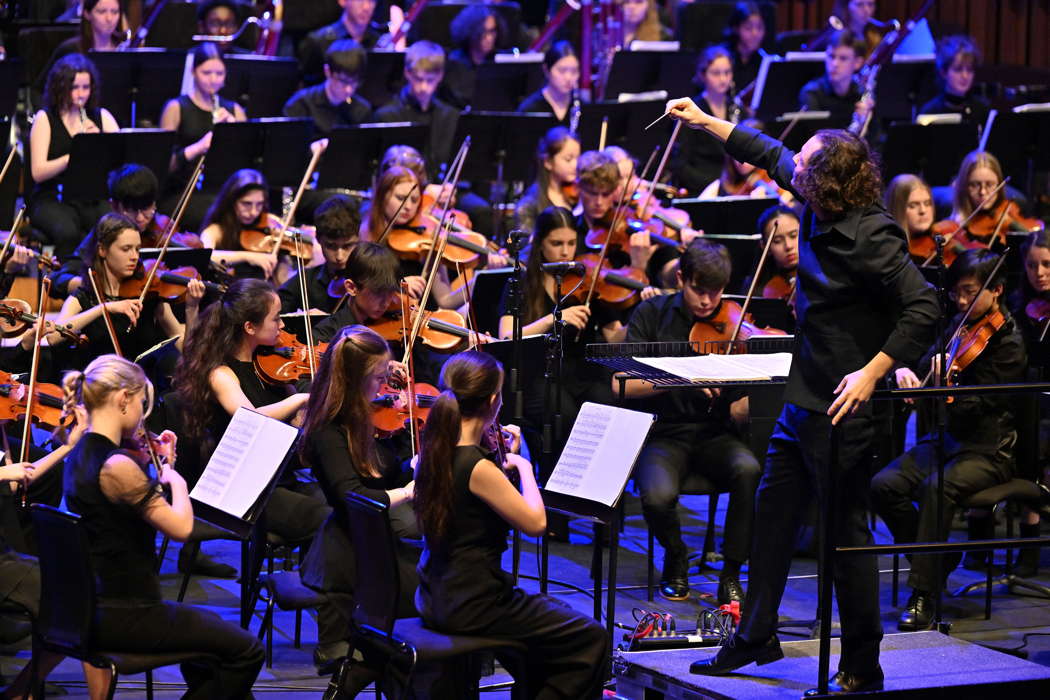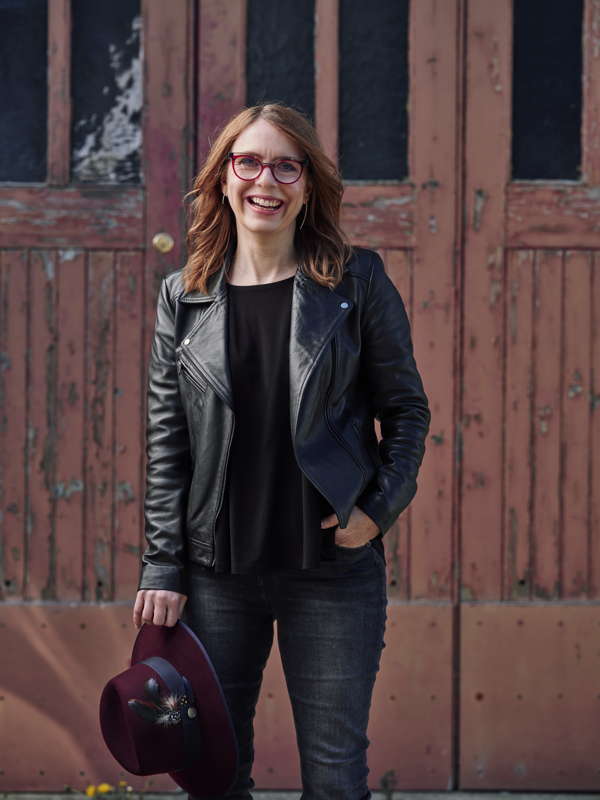 FEEDBACK: She said WHAT? Read what people think about our Classical Music Daily features, and have your say!
FEEDBACK: She said WHAT? Read what people think about our Classical Music Daily features, and have your say!
 ASK ALICE: Weekly, from 2003 until 2016/17, Alice McVeigh took on the role of classical music's agony aunt to answer questions on a surprising variety of subjects.
ASK ALICE: Weekly, from 2003 until 2016/17, Alice McVeigh took on the role of classical music's agony aunt to answer questions on a surprising variety of subjects.
 SPONSORED: An Integral Part - Lindsey Wallis looks forward to the Canadian Music Centre's tribute concert to composer Roberta Stephen.
SPONSORED: An Integral Part - Lindsey Wallis looks forward to the Canadian Music Centre's tribute concert to composer Roberta Stephen.
All sponsored features >>
Meeting Performance Challenges Head-on
Music by Britten, Anna Clyne, Richard Strauss and Johann Strauss II from the National Youth Orchestra of Great Britain impresses MIKE WHEELER
We've missed the National Youth Orchestra of Great Britain (NYO)'s annual visits to Nottingham, their kick-start to our musical year placed on hold, thanks to Covid. But here they were back again - Royal Concert Hall, Nottingham, UK, 6 January 2023 - with their commitment and enthusiasm clearly undimmed by the hiatus.
Conducted by Alexandre Bloch, their account of the Four Sea Interludes from Britten's Peter Grimes conveyed a sense of the storm brewing right from the start, even in 'Dawn', with tension as well as desolation in the high-lying violin line, and both energy and transparency in the rippling clarinet figures. There was some loss of precision in 'Sunday Morning', and the cello theme - prefiguring Ellen Orford's 'Glitter of waves, glitter of sunlight' - could have opened up a touch more. But the resulting clamour had its own appropriateness. There was unease in the swelling figures of 'Moonlight', echoing the start of Britten's Sinfonia da Requiem, of a few years earlier, coupled with a distinct edge to the flute and harp figures. After that, 'Storm' couldn't help but be one of the fiercest performances I've heard, finding room, too, for a real sense of longing in the theme of Grimes' 'What harbour shelters peace'.

Alexandre Bloch conducting the National Youth Orchestra of Great Britain
Now in her early forties, Anna Clyne is one of the most impressive composers of her generation. RIFT, dating from 2016, begins by reflecting 'upon the chaos and destruction that is so prevalent in the world today' then takes us on a journey towards 'a more optimistic sonic and visual world', in the composer's words. The first section, 'dust', opens with a long-breathed viola line suggesting religious chant, or possibly a lament. As the music becomes more energised, sharp percussion and pizzicato string figures feature in the build-up to a menacing climax. The transition to the second section, 'water', is marked by flourishes for marimba, joined later by vibraphone and harp, before a storm breaks, inevitably recalling the one in Peter Grimes. Finally, we arrive at 'space' (not necessarily the outer kind), where a cello theme emerges - the NYO players gave it just the kind of burnished tone needed - spreading to the other strings. One American reviewer of the first performance heard echoes of Vaughan Williams here, and I'm not going to argue with that. As it gathers energy, the piece races towards an exultant conclusion, which is abruptly cut off in mid-flight. Far from being an anti-climax, it left a tantalising suggestion of further exciting possibilities round the corner. A fascinating piece, and the NYO had the measure of its varied sound-worlds; I hope there's a recording on the way.

Anna Clyne. Photo © 2022 Christina Kernohan
The January 2023 tour also introduced NYO Inspire Associates, a new branch of the orchestra's activities, which, according to the NYO website, sees participants 'bringing their creativity and musicality to NYO residencies and performances alongside musicians in NYO'. Eleven players - a mixed ensemble of woodwind, brass, strings and percussion - in the hall's choir seats, performed a short piece they had developed, with the same level of confidence and commitment as their colleagues in the main orchestra. A pity there wasn't more about this in the printed programme.
And so to Richard Strauss' Also Sprach Zarathustra. A baggy monster of a piece, it needs taking firmly in hand, which is just what Bloch and the NYO did. Whether or not the work's Nietzschean infrastructure clarifies or muddies our response is debatable, but the players clearly relished tacking Strauss' virtuoso scoring. The famous Introduction - thank you, Stanley Kubrick - had real grandeur, and the muttering low strings at the start of the 'Backworldsmen' episode were offset by the warmth of the passage for solo strings that followed. The surging phrases of 'Joys and Passions' reached up exhilaratingly, in contrast to the tentative searching of 'Funeral Song', with its solo bassoon lament, and the 'Science' fugue built to a frenzied climax. Leader Isabell Karlsson brought a Rosenkavalier-like elegance to her solo in the 'Dance Song', the 'Nightwanderer's Song', with its tolling bell, was suitably clangorous, and the written-out fade at the end was all the more effective for being allowed to speak for itself. Also Sprach Zarathustra may remain problematic on a philosophical level, but the NYO met the performance challenges head-on.
For an encore they chose another nod to 2001: A Space Odyssey - as the evening's two player-presenters pointed out - Johann Strauss 2nd's love-song to the Blue Danube - heavily cut in the middle, but it wrapped up the evening gracefully.
Copyright © 16 January 2023
Mike Wheeler,
Derby UK



